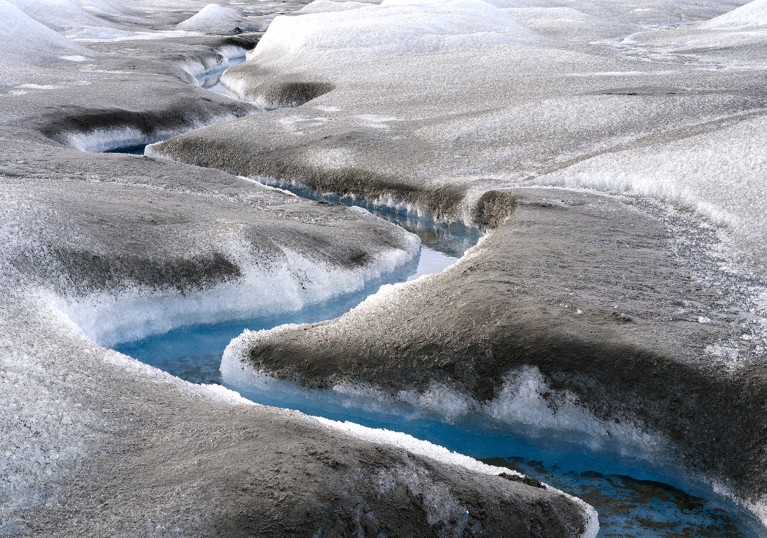Hello Nature readers, would you like to get this Briefing in your inbox free every day? Sign up here.
Brain implants help after severe head injury
Brain implants that activate and restore connections between damaged neurons have improved cognition in people with traumatic brain injuries. The five participants in a small clinical trial had a 15–52% improvement in their processing speed in a cognitive test after three months. The implants send an electrical current to parts of the brain involved in attention, decision-making and working memory. “For some participants, the improvements have been transformative, even many years after the injury,” says neurosurgeon Jaimie Henderson.
Reference: Nature Medicine paper
Model predicts when sea life will get tangled
Researchers have developed a way to forecast when whales and turtles are likely to get entangled in fishing gear — almost a year in advance. The model uses widely available, low-resolution, global forecasts of sea surface temperature to accurately predict water temperatures that draw the animals to certain areas. The method could give fishers plenty of warning of the need to pause their work, moderating the impact on their livelihoods and saving more animals.
Reference: Nature Communications paper
Features & opinion

A painting made more than 43,000 years ago shows an anoa, or dwarf buffalo.Credit: Ulet Ifansasti for Nature
Scientists race to save ancient cave paintings
Some of the oldest pictures in the world were drawn more than 45,000 years ago in caves on the southwestern peninsula of Sulawesi in Indonesia. Despite having lasted so long, they’re now disappearing as the surface of the cave walls is peeling off from the white limestone underneath. No one knows exactly why, but researchers point to pollution, climate change, human exhalations and the dust and vibrations produced by mining as possible causes. Scientists are scrambling to solve the mystery before the paintings are lost for good.
Ill-informed AI use fuels irreproducibility
The naive use of artificial intelligence (AI) is driving a deluge of unreliable, useless or wrong research. This has happened, for example, when researchers report that algorithms can reliably classify images or even diagnose diseases, but fail to realize that their systems are really only regurgitating artefacts in the training data. “AI provides a tool that allows researchers to ‘play’ with the data and parameters until the results are aligned with the expectations,” says computer scientist Lior Shamir. There are checklists that can help scientists to avoid common problems, such as insufficient separation between training and test data. Many argue that the way forward is to make all code and data available for public scrutiny.

